What Kind Of Fuel Should You Put In Your Car?
We’ve all been there. Pulling up to the pumps, you pretty much know what grade of petrol or diesel you should be putting in your car’s fuel tank. Yet, there’s always the temptation to be rebellious.
We’ve all been there. Pulling up to the pumps, you pretty much know what grade of petrol or diesel you should be putting in your car’s fuel tank. Yet, there’s always the temptation to be rebellious. You may have wanted to fill your tank with premium fuel in the hopes of getting better performance from your Honda Civic; or fill your BMW up with regular fuel to save a bit of money. Is this a good idea?
The short answer? No. Use the fuel recommended by your owner’s manual. In order to explain why, let’s take a look at what octane actually does.
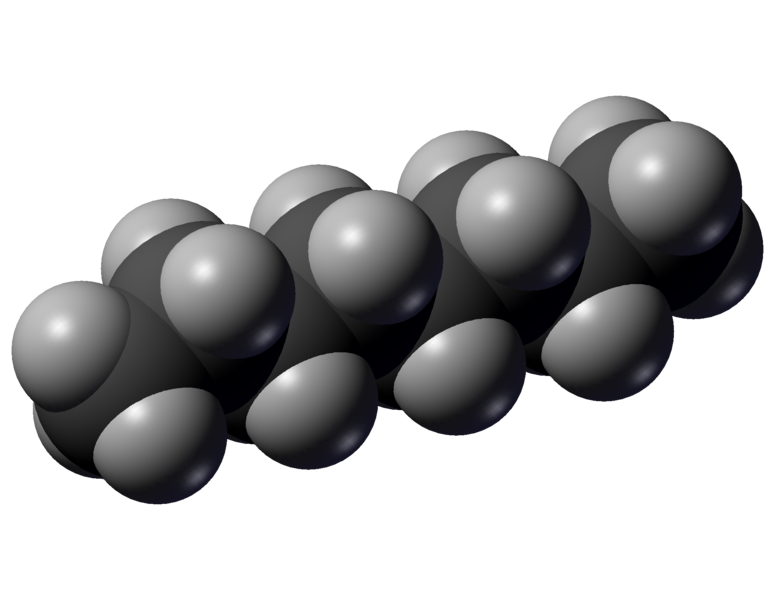
Octane is what’s known as a hydrocarbon, a molecule made up of carbon and hydrogen atoms. When combined with oxygen molecules and a source of ignition, hydrocarbons create a special chemical reaction called combustion. In other words, octane is the chemical in petrol that makes it explosive.
The number that you see on the gas pump is the octane rating. The octane rating is a measurement of the fuel’s ability to withstand premature detonation due to compression inside the combustion chamber. Contrary to popular belief, it is not a measure of the amount of octane in the fuel. Rather, the octane rating is calibrated according to the knocking resistance of isooctane (pure octane) and heptane. Heptane has an octane rating of 0, while pure octane has a rating of 100. The octane ratings of commonly available petrol vary from region to region. Where I live, 87-octane gasoline is considered “regular”, and most “premium” gasoline is 91-octane.
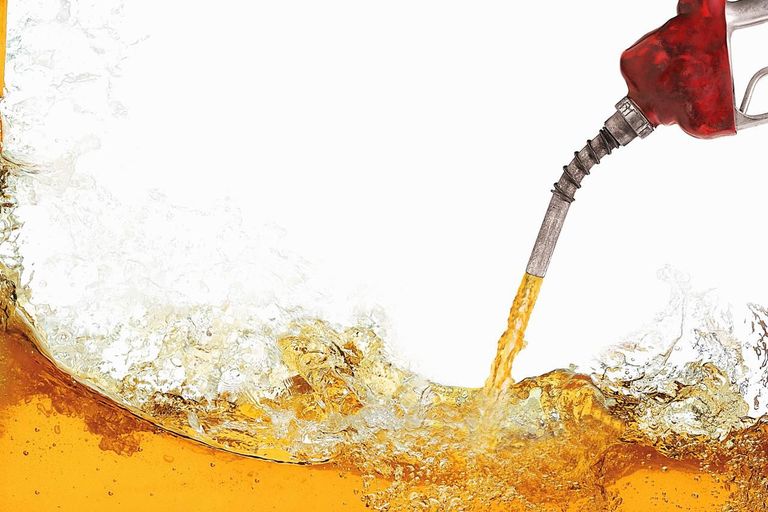
It’s important to know the recommended octane rating for your vehicle. This is because engines are designed and engineered differently, and these differences may require the vehicle to run on a higher-octane fuel. Most commonly, especially in European vehicles, engines with high compression ratios require petrol with a higher octane rating. With higher compression ratios, the risk of engine knocking increases. Knocking occurs when the fuel-air mixture ignites when it isn’t supposed to. In a four-stroke engine, this happens when the mixture ignites (due to compression) before the power stroke. This can result in a distinct pinging or knocking sound coming from the engine, and can potentially cause serious damage to the engine over time.
Engine knock can occur for many different reasons, but compression issues are one of the most common causes. Fuel quality can affect the timing of the combustion cycle, especially when too low-octane fuel is being burned. This results in a loss of power, a loss of efficiency, and can result in engine knocking.
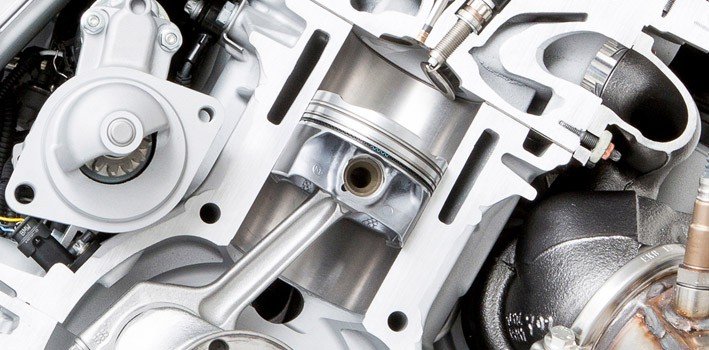
Back to the original question: what happens when you use the wrong grade of petrol in your car? The answer to that depends on the age of your vehicle. Newer engines, especially ones with variable valve timing, have knock sensors able to adjust to achieve the optimal performance characteristics given the type of fuel that is being burned. Older engines without such technology simply won’t run properly, and are more likely to experience knock.
Generally speaking, if your car was designed to run on premium fuel, put premium fuel in the tank. This is especially true of older engines that are more susceptible to knocking. Some newer engines will come with an octane rating that says something to the effect of “Premium fuel recommended for optimum performance”. This could mean that your engine may still be able to run on regular fuel without risking engine damage, although the power output and overall engine performance will decrease. However, it’s still best to use premium fuel.
But what happens when you use premium in a car that’s designed to run on regular petrol? The answer: probably not much. Since premium fuel only reduces the likelihood of engine knock, running it in an engine that’s already optimized for regular fuel shouldn’t provide any real improvement. Having said that, it won’t hurt your engine, but it will hurt your wallet.
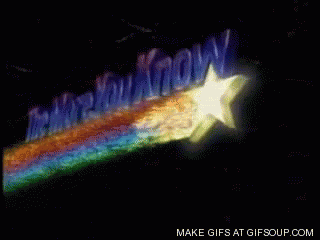
Want to test your general mechanical knowledge? Take this quiz to find out how much you know!
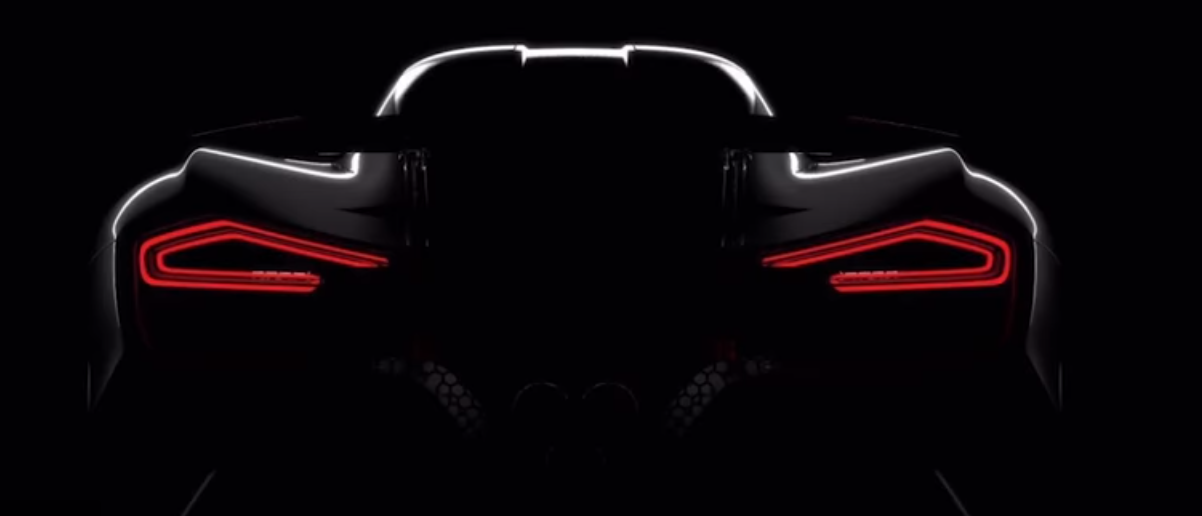

Comments
Three minutes have passed and this is already a community pick.
That was an awesome read. I’ve been wondering about the effects. Thanks!
Reika isn’t powered by that fancy petroleum crap…
…she’s powered from the tears of the opponents I defeat. Bigger the win = stronger their tears = MORE POWER
So 1977 GM V8? Recomended regular, same thing? No improvement on premium?
And are there different diesel octanes?
I know a guy who claims that his Civic is tuned for regular but since he puts premium in it he gets better mpg and more exhaust pops
But I put premium in the 2002 just as extra insurance so I don’t get any knocking or pinging even though I don’t need to
Also the numbers at the pump have a different rating in each country so in a place where regular is 108 it doesn’t necessarily mean that it’s better than a regular that’s rated at 89
How about just reading your owner’s manual and seeing what octane fuel your car takes
Where I live, country with the world’s highest known oil reserves, and world’s cheapest price for gasoline (also world’s most f*cked up country, atm, excluding war situations) there’s only 2 types of octanage in gasoline: 91 and 95, and there’s no point in discussing price as is ridiculous, so I’ll put it easy, my Ecosport says 91 in the manual, so I put 91 on it. My Clio says 95, so I put 95. Yes, I have in occasions exchanged the type of gas due to availability at the moment I go to the gas station, but I wouldn’t run my Clio on 91 on a regular basis. And if you ask, yes, I always refuel to full, there’s no point in not doing so.
My Focus is supposed to take 87 from the factory. With my light mods, I get better fuel efficiency and I’m pretty sure performance from 89. Efficiency is monitored by the car’s own system, performance is based on my butt dyno.
Where I live it’s 91 regular and 97 premium I think then there’s e85 ethanol (108 off the top of my head)
Pagination